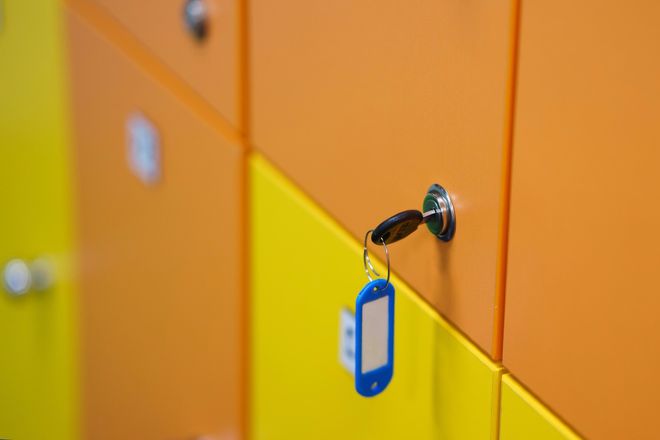In the webinar, Bogdan and Denise Brown-Allen, associate head of school and head of the upper school at National Cathedral School, explored a variety of issues involving sex, gender and gender identity. What federal, state and local laws impact independent schools? What are some best practices for matters including bathroom accommodations, name changes, overnight trips, admissions and enrollment (particularly in single-sex schools), sex education and school-wide communication?
Highlights of the discussion:
- At this time, no federal statute addresses gender identity of sexual orientation. More than 30 states and 225 cities and counties have laws providing some level of protection based on gender identity.
- Among the 115 webinar participants, 36 percent said their school has received at least one request for accommodation based on gender identity. Fifteen percent said their school has a written policy or guideline addressing gender identity issues, and 26 percent are in the process of developing one.
- Even among schools that don’t have policies specifically addressing gender identity issues, many have diversity and non-discrimination statements that extend to protecting individuals whose gender identity may not align with their sex at birth.
- Other common practices include designating bathrooms as gender-neutral, creating “diversity teams” to explore accommodation approaches, establishing communications protocols involving whom to inform and how (written, in-person, etc.), providing faculty with a “script” for responding to questions, developing gender-neutral policies for dress codes and traditions, and acknowledging students’ wishes in terms of how they wish to be addressed.
The full webinar transcript, slides and recording are archived for NBOA members on NBOA.org. Access the archived webinar.
See also, "Complex Equations: Three Big HR Issues for the Year Ahead," from the January/February 2016 Net Assets.



